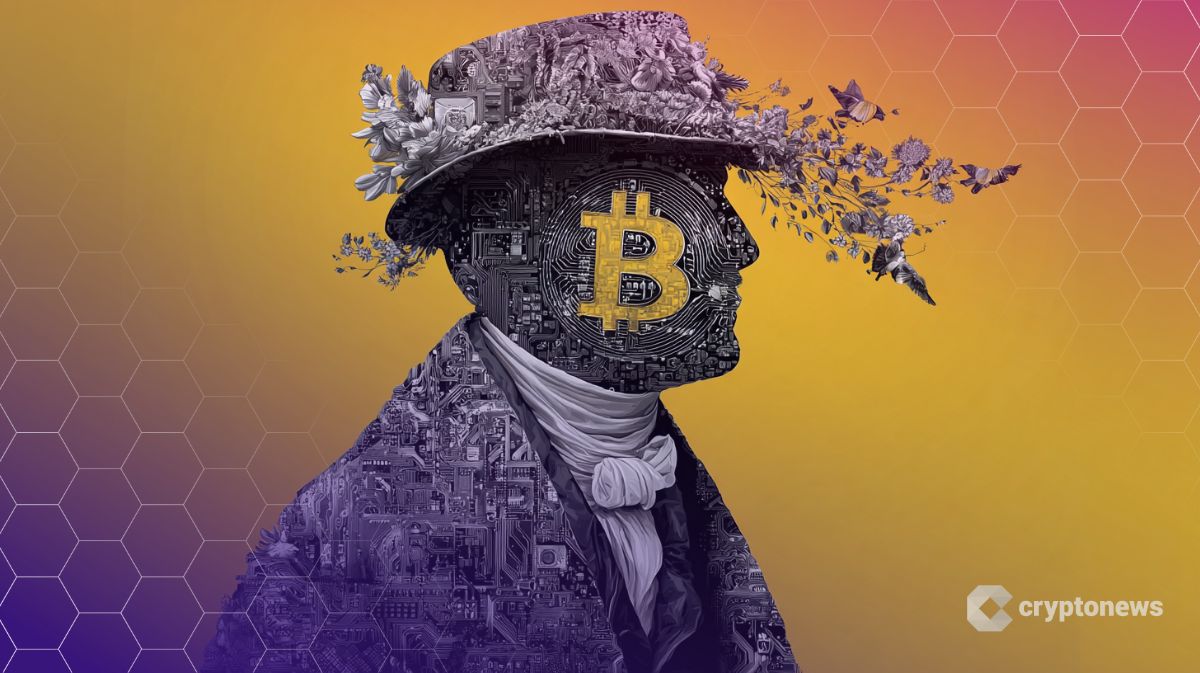Unlock the Editor’s Digest for free
Roula Khalaf, Editor of the FT, selects her favourite stories in this weekly newsletter.
Hewlett Packard Enterprise has agreed to acquire Juniper Networks for about $14bn, highlighting a growing appetite by chief executives to return to large-scale dealmaking after a sharp decline in merger and acquisition activity in 2023.
The enterprise technology business that was split off from HP’s PCs and printers unit in 2015 has agreed to pay Juniper’s shareholders $40 per share in cash, representing a 32 per cent premium on the company’s stock price prior to reports of a potential deal.
The move underscores the desire by HPE, which focuses on making hardware and software for data centres, to bulk up its networking offering as the latest artificial intelligence systems demand ever-faster communications within and between servers. Juniper will be the largest in a series of recent acquisitions in IT management and AI.
“HPE’s acquisition of Juniper represents an important inflection point in the industry and will change the dynamics in the networking market,” said Antonio Neri, president and chief executive of HPE.
“This transaction will strengthen HPE’s position at the nexus of accelerating macro-AI trends, expand our total addressable market, and drive further innovation for customers as we help bridge the AI-native and cloud-native worlds,” Neri added.
The takeover of Juniper will mark the end of independence for a survivor of the original dotcom boom. Juniper was founded in 1996 as a rival to Cisco and went public in 1999. Its stock rocketed to almost triple its value on the first day of trading, hitting a $65bn valuation in October 2000. But its stock price slumped when the dotcom bubble burst, and never recovered those highs.
Juniper announced a restructuring plan in October to cut hundreds of jobs, after a tough year in which some of its biggest customers in cloud computing and internet service providers pulled back on spending for new equipment. It has sought to integrate the latest AI tools, including incorporating ChatGPT into its control system for IT administrators.
The deal is the latest sign of life in the enterprise IT market, following Cisco’s move to acquire data and security software company Splunk for $28bn in September and Broadcom’s $69bn acquisition of cloud software company VMware, which closed in November.
Apart from a small number of big-ticket deals, tech M&A slumped in volume and value in the past 12 months, in part because of antitrust scrutiny from regulators on top of market volatility and high interest rates. In 2023, the average deal size for tech companies dropped by 27 per cent compared to 2022, according to PwC.
Analysts at Citi said in a note to clients earlier on Tuesday, following reports of a potential acquisition, that the deal “would expand [HPE’s] enterprise networking exposure beyond WLAN [wireless local-area networks], to include more enterprise and AI exposure, as HPE continues to bolster its AI offerings”.
“This would also be one of the largest to date for HPE, which has a questionable track record with large acquisition integration,” Citi said, pointing to Hewlett-Packard’s troubled $11bn acquisition in 2011 of UK software company Autonomy.
HPE’s Neri told the FT in an interview last June that AI would be as much an inflection point for his company as the calculator. He pledged not to miss this trend as it had with others in the decades since the dotcom boom.
“To be fair, in the last 20 years or so HPE missed some of the trends, even though we understood the trends . . . That’s why the next inflection point is a very important inflection point,” he said.
Credit: Source link










